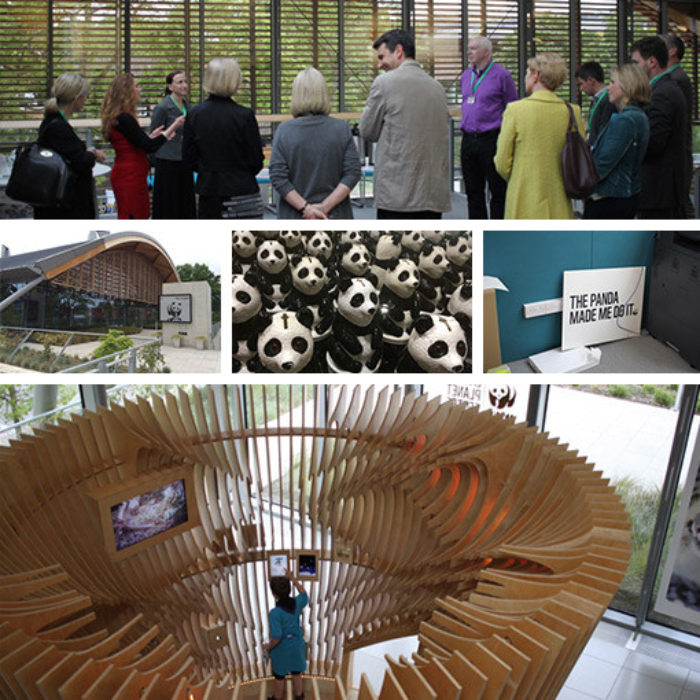Business thinking: the radical changes set for 2020
2020 is set to see radical changes in business thinking
We are only weeks into a new year and already many of the solid foundations of traditional business thinking are shaking. And it’s not all about climate change although let’s start there.
For the first time, the top five global risks in the World Economic Forum’s Global Risks Report are linked to the climate
– including extreme weather events and climate change mitigation and adaptation. These risks are against a backdrop of risks of an economic slowdown, global economic confrontations, a decline in global collaboration and increased domestic polarisation.
Deep research across four European cities (the HOPE research study) shows that people are willing to act on the easier climate actions but require government action on the trickier issues like changing what we eat and how we travel. The odds of government action at scale are slim. The next chance is in Glasgow in November. But according to Claire O’Neill, the former president of COP26, the UK has “one shot” at making it a success.
Enter business
“The evidence on climate risk is compelling investors to reassess core assumptions about modern finance,” says Larry Fink, CEO of investment company Blackrock. “In the near future – and sooner than most anticipate – there will be a significant reallocation of capital”.
A major part of change will include infrastructure. Again, as Fink says: “The need is particularly urgent for cities, because the many components of municipal infrastructure – from roads to sewers to transit – have been built for tolerances and weather conditions that do not align with the new climate reality”. The impact on the economy, lives and lifestyles is already profound.
Business models are changing
As a result, business models are changing. In the UK we’ve seen changes to governance standards. Various reviews of audit are underway. There are three significant changes in business models. First, a focus on purpose. Fink also says: “ultimately, purpose is the engine of long-term profitability.” Second, a focus on beliefs (not just values) because what we believe defines our behaviours. Third, a change in our relationship with stakeholders toward massively increased participation.
With that will come a requirement to deepen our understanding of people. My recent work in this space suggests organisations are only around 50% human. What I mean by that is that we are ignoring fundamental aspects of our human nature – that we thrive on a diversity of ideas, social contact and the need to engage us through our emotions.
Join the conversation
Join us on Thursday 26 March at our Insight for Leaders session ‘Sustainable Business Success: A review of 2020 thinking’ where we will explore the business response to external trends and market disruption, and share leading-edge practice in strategy, risk management, culture and transformational change from global leaders in sustainable success.
To find out more, contact elaine.smith@corporateculture.co.uk or sign up on our events page, here.



